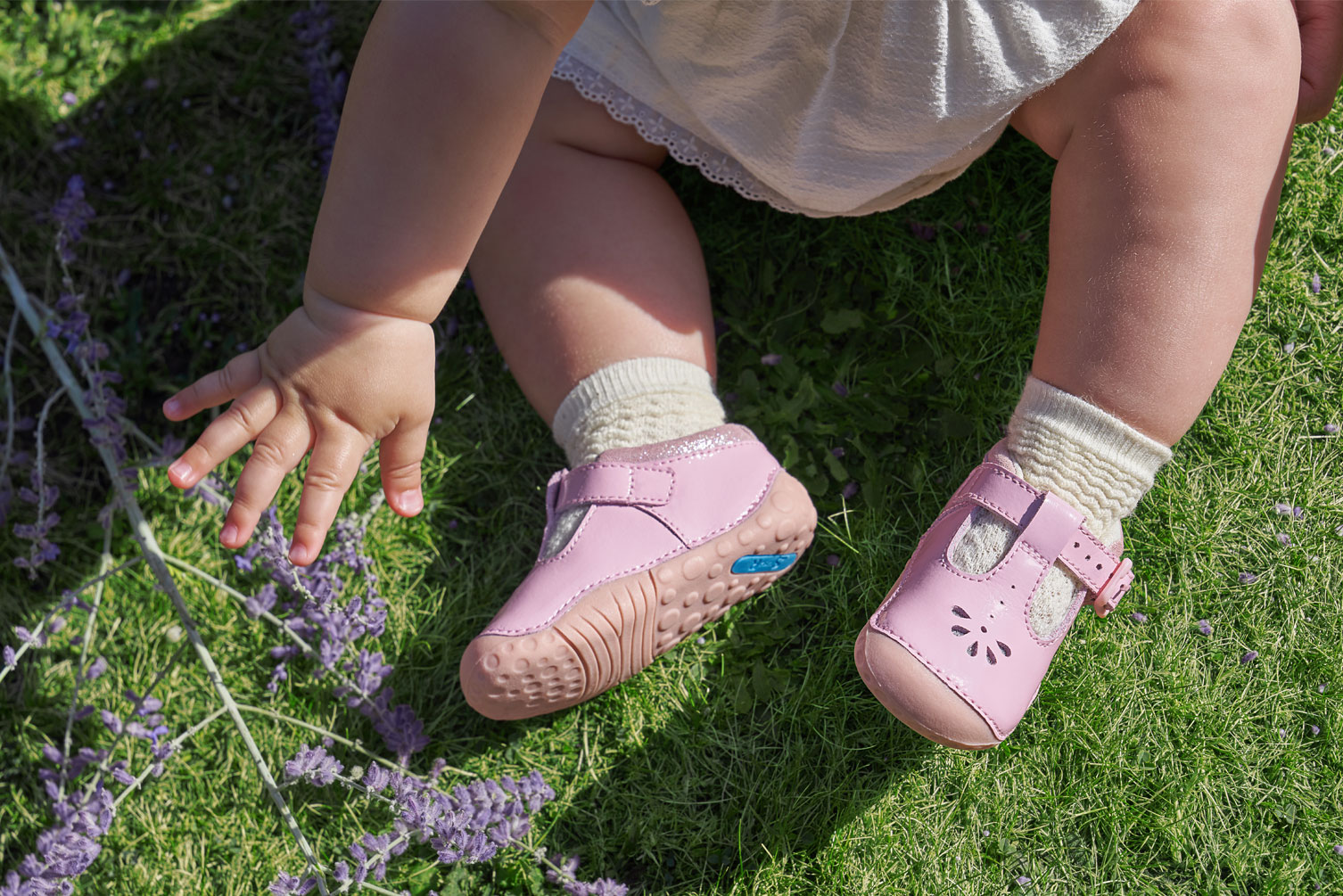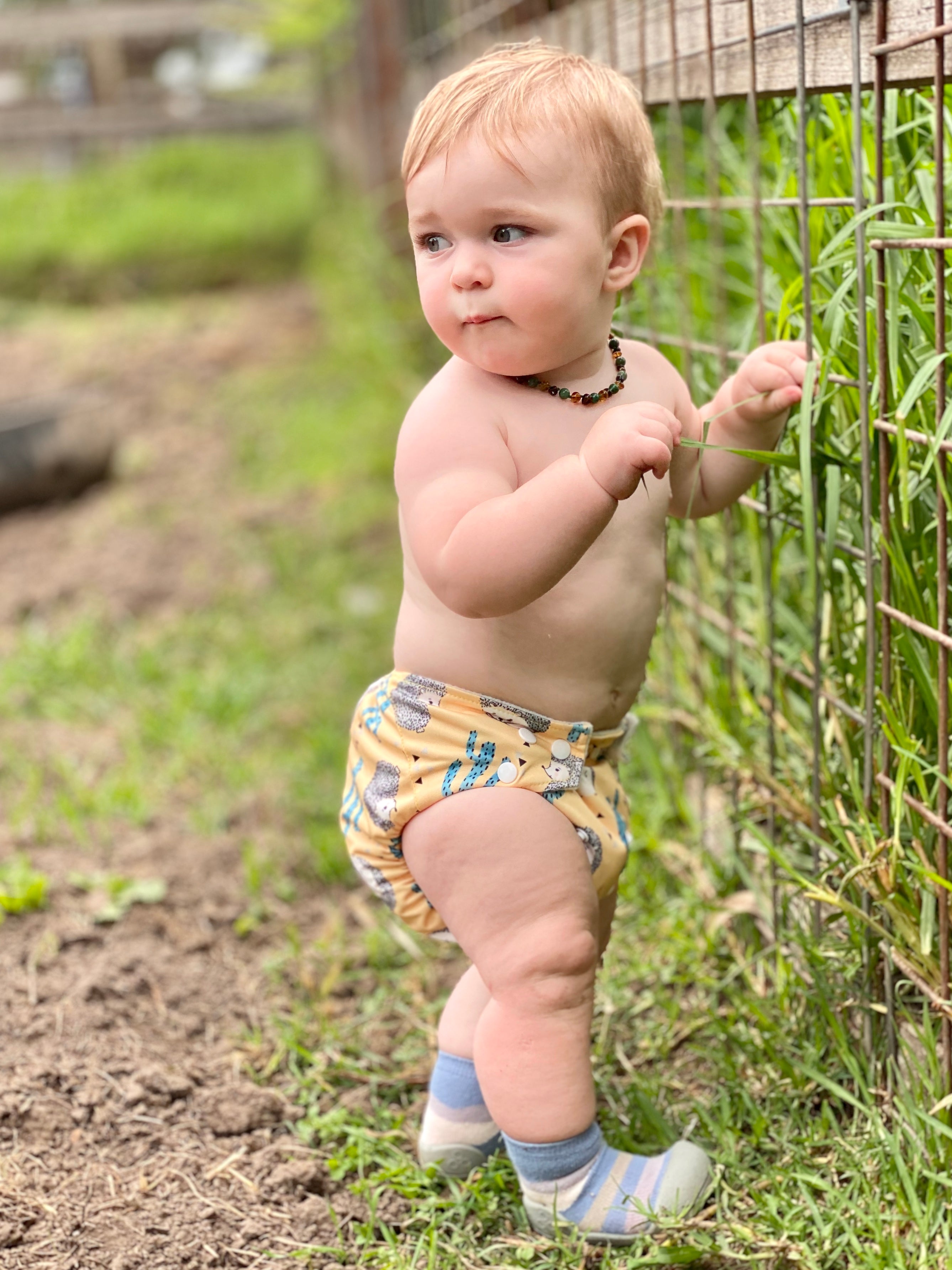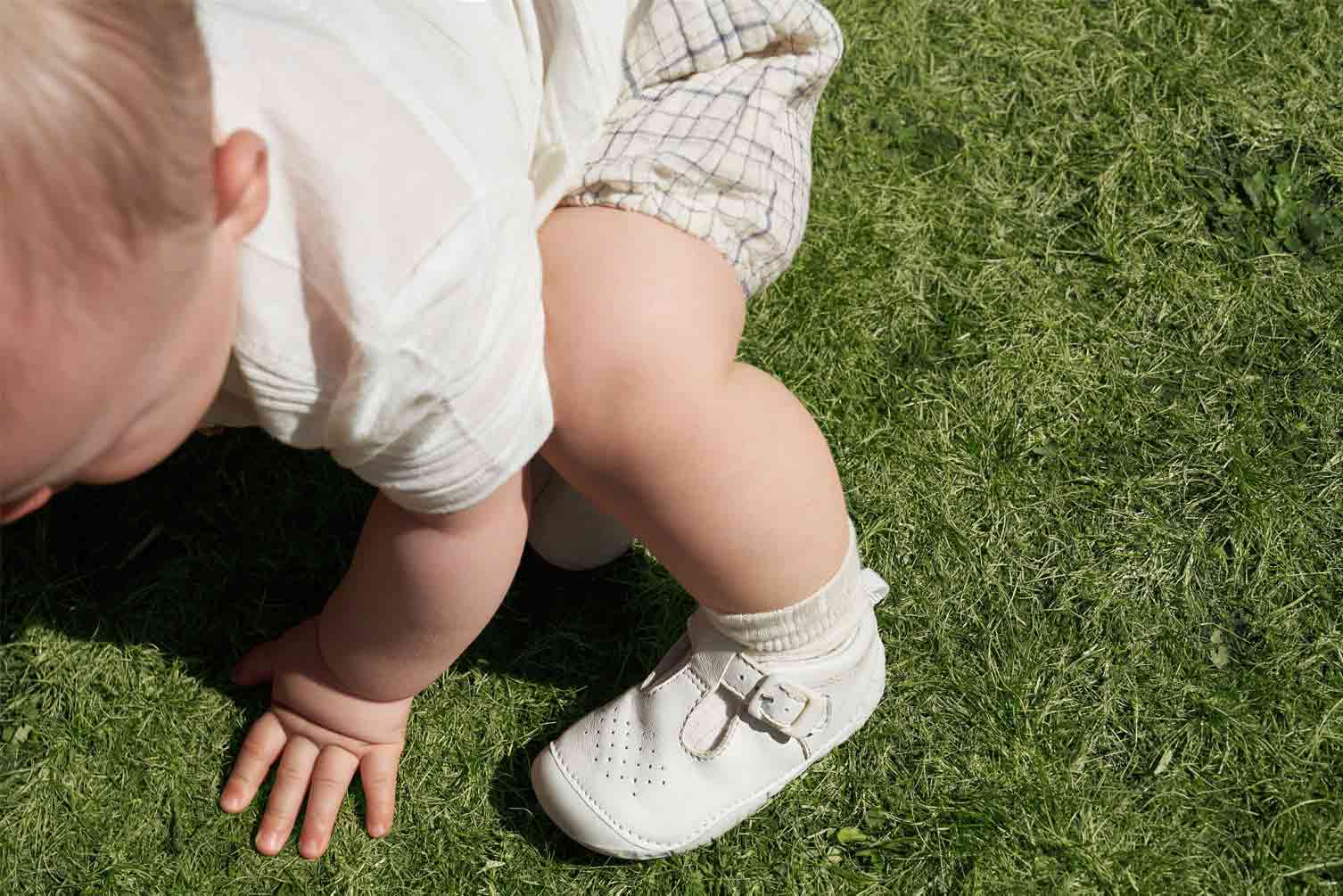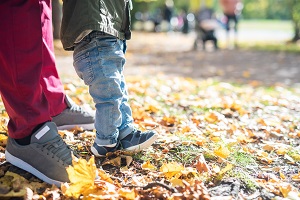As a parent, there are countless decisions to make regarding your baby’s well-being and development. One common question that arises is whether babies can wear shoes before they turn one year old. While it may seem trivial, understanding the importance of proper footwear during early stages of walking is crucial for healthy development.
The Importance of Footwear in Early Childhood Development
Footwear plays a significant role in protecting your baby’s feet as they start to explore the world around them. Understanding the developmental stages of movement can help you decide the best time to introduce shoes.
Developmental Milestones
- 0-6 Months: Babies primarily remain stationary, focusing on tummy time, and developing neck and back muscles.
- 6-9 Months: Many babies begin to crawl, which means they utilize their feet for traction as they explore their surroundings.
- 9-12 Months: This period is crucial as babies often start pulling themselves up and may take their first steps.

When Should Babies Start Wearing Shoes?
While it may be tempting to put shoes on your little one as soon as they start to crawl or walk, experts suggest that babies should go barefoot as much as possible during their early developmental stages.

Reasons to Let Babies Go Barefoot
- Natural Development: Developmental experts believe barefoot movement helps strengthen foot muscles and improve balance.
- Ground Sensation: Feet can feel different textures, which is essential for sensory development.
- Foot Flexibility: Bare feet allow for natural flexing and bending, crucial for developing healthy arches.

When to Introduce Shoes
Typically, it’s advisable to introduce shoes when your baby is walking confidently outdoors or on rough surfaces. If you’re considering footwear, here’s what to look for:

Types of Shoes for Babies
| Type | Pros | Cons |
|---|---|---|
| Soft-soled Shoes | Allows for better flexibility and foot movement | May not provide enough protection on rough surfaces |
| Hard-soled Shoes | Offers protection from sharp objects | Can restrict foot movement and flexibility |
| Sneakers | Good support and traction | Can be bulky and heavy for small feet |
| Sandals | Breathable and lightweight | May not offer adequate support for walking |

Factors to Consider Before Buying Baby Shoes
When it comes time to buy shoes for your little one, consider the following factors:

Fit and Comfort
Ensuring a good fit is paramount. Shoes should allow for some wiggle room but not be so loose that they slide off. The fit should also be comfortable, avoiding any irritation or pinching.

Materials
Look for breathable materials that prevent sweating and irritation. Natural materials like leather or cotton are often best.

Weight and Flexibility
Choose lightweight shoes that allow for easy movement. Shoes that are too heavy can hinder your baby’s ability to walk effectively.
Pros and Cons of Early Shoe Wearing
Before deciding about shoe-wearing, it’s essential to weigh the advantages and disadvantages.
Pros
- Protection from sharp objects and rough terrain.
- Warmth in cold weather.
- Fashionable looks for special occasions.
Cons
- Can restrict natural foot development.
- May result in discomfort if improperly fitted.
- Can lead to reliance on shoes, hindering natural walking development.
Expert Recommendations
Various pediatricians and foot health experts emphasize the importance of allowing infants to go barefoot, especially in safe environments. Dr. Jennifer F. Hosler, a pediatric podiatrist, states, “The best shoes for babies are often no shoes at all.”
Local Insights and Cultural Experiences
In many cultures across the United States, parents prefer to let their children go barefoot until they are fully walking. For example, in southern states, it’s common to see toddlers playing in backyards without shoes, embracing the natural feel of grass and dirt under their feet.
Regional Variations
In contrast, urban settings may see more parents opting for shoes earlier due to concerns about hygiene and safety in busy areas. Each approach has its merits and reflects local customs and beliefs about child-rearing.
Frequently Asked Questions (FAQs)
At what age should my baby start wearing shoes?
It’s generally recommended that babies can start wearing shoes when they are walking confidently, usually around 12-15 months old.
Are there any specific types of shoes recommended for infants?
Soft-soled shoes are often recommended for infants who are just starting to walk, as they offer flexibility and support.
What should I avoid when choosing shoes for my baby?
Avoid shoes that are too stiff, heavy, or made from non-breathable materials. Always choose the right size for a comfortable fit.
Conclusion
Ultimately, the decision about whether to put shoes on your baby before they turn one should be guided by their developmental stage, personal comfort, and safety considerations. When the time comes to introduce footwear, prioritize options that promote healthy foot development and provide the necessary protection for outdoor adventures.
Additional Resources
For further reading and more materials about baby footwear and development, consider visiting the following links: